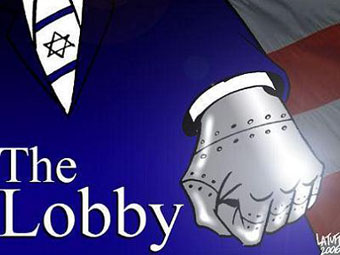 By Professor Kevin MacDonald. As traitorous White elites go, university presidents are at the top of the list. These days the job description really has two components: Raise lots of money, and be sure to kowtow to the ever more massive anti-White diversity contingent at your university—all those departments of the left that now dominate the social sciences and humanities.
By Professor Kevin MacDonald. As traitorous White elites go, university presidents are at the top of the list. These days the job description really has two components: Raise lots of money, and be sure to kowtow to the ever more massive anti-White diversity contingent at your university—all those departments of the left that now dominate the social sciences and humanities.
But being a university president definitely has its rewards, chief among them financial: The median salary for public-university presidents in the 2011 academic year was $423,395, not including generous housing, transportation and 5- and 6-figure pension contributions. Add around $100,000 for presidents of private universities. The steeply rising salary curve for university presidents far outpaces salary increases for professors and is a bit incongruous in an era of crushing student debt.
Given the financial clout of the Jewish community, it’s not surprising that when it flexes its muscle on campus, university presidents will fall in line (Terri Ginsburg, “US university chiefs’ shameful embrace of Israel,” Electronic Intifada). Project Interchange, a branch of the American Jewish Committee, has instituted a program to give free trips to Israel for university presidents and other leaders aimed at shoring up the resolve of universities against the burgeoning BDS movement. The basic strategy is to expose participants to the image that Israel is under attack (by taking them to a city that has been fired on by Palestinian rockets from Gaza), that lack of progress in obtaining peace is entirely the fault of the Palestinians, and that Israel is, in the words of a Jewish participant, David J. Skorton of Cornell University, “a modern, Western, Middle Eastern, democratic, Jewish state.” Clearly Skorton is ill-acquainted with the English language—a bit surprising in a university president.
Rather than exposing true facts about the wall Israel is building in the West Bank, Jewish-only roads and towns, illegal settlements, collective punishment, second-class Palestinian citizenship, and Israel’s countless other violations of international law, Skorton and Davisson spent significant time denouncing the boycott, divestment and sanctionsmovement and insisting that US universities reject calls to boycott Israeli academic institutions. “It is hard for us to imagine a scenario in which a boycott … would be constructive and helpful, as opposed to divisive and destructive,” they wrote (“Skorton and Davisson blog from Israel on higher ed’s role in Middle East peace,” 23 June 2010).
Project Interchange visits often include a trip to Yad Vashem to reinforce the image of Israel with Jewish suffering. Besides university presidents, Project Interchange recruits other leaders or future leaders, such as Rhodes Scholars.
Because being a university president these days is all about raising money, the visits for university presidents highlight opportunities for research and academic collaboration with Israeli universities. North Carolina State president Randy Woodson stated that “Sharing information on the strong ties between higher education and industry will provide meaningful examples for NC State’s continued efforts to support a strong economy in North Carolina.”
The ties between Israel and U.S. universities are indeed deep. The Jewish Virtual Library lists 6 US-Israel Binational Foundations which distribute money to US universities and corporations. For example, recipients have included all branches of the University of California system, as well as Standford and CalTech. Because of the elite status of universities in the US and the urgent need to counter the BDS movement and the general decline of Israel’s image, one may anticipate major increases in Israeli funding for universities in the future.
These programs only scratch the surface in terms of Jewish financial influence in universities. Colleges actively recruit Jewish students, at least partly because of the expectation that they have “a propensity for donating to the school once they graduate.” A stroll through any Ivy League campus shows a large number of buildings named after Jewish benefactors.
Since Diaspora Jews are a small minority, recruiting sympathetic Jews is a recurrent problem. A branch of the Israel Lobby with a program that parallels Project Interchange is the program of the Jewish Institute for National Security [of Israel] Affairs (JINSA).



